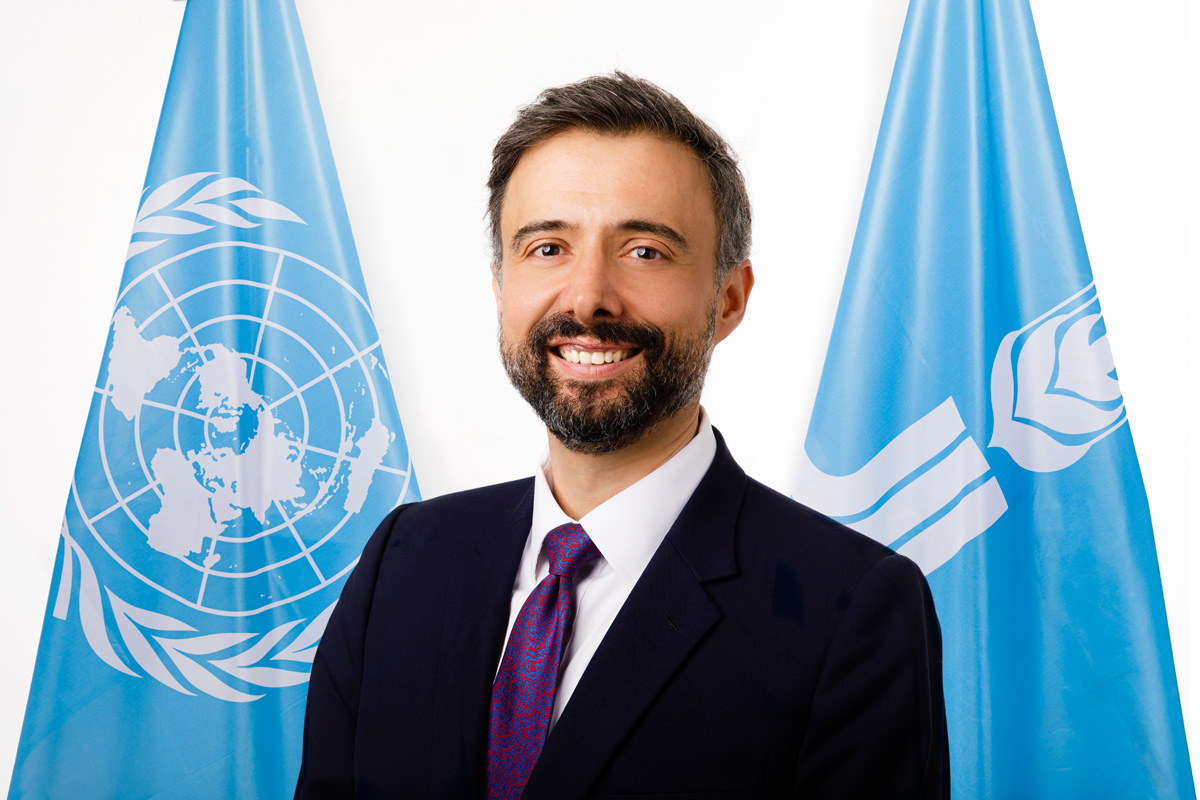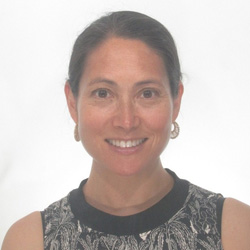Alvaro Lario, global finance executive, takes helm at UN's International Fund for Agricultural Development
IFAD Asset Request Portlet
Asset Publisher
Alvaro Lario, global finance executive, takes helm at UN's International Fund for Agricultural Development
IFAD President slated to expand climate action and mobilize private-sector investment in push to transform food systems and aid small-scale farmers
30 September 2022 |
| ©IFAD/Flavio Ianniello |
Rome, 30 September 2022 – Development finance expert Alvaro Lario takes the helm of the UN’s International Fund for Agricultural Development on Saturday with an urgent mission to battle poverty and hunger among the world’s rural poor as they face existential threats of climate change and food insecurity.
Lario, a Spanish national who has served as IFAD’s chief financial officer since 2018, has led efforts to harness private sector investment to boost the resilience of millions of small-scale farmers and rural communities who are among those most affected by global shocks.
“Our mission has never been more urgent as food insecurity, climate change and conflict threaten the lives and livelihoods of the world’s rural poor,” he said. “But our power to shape the future has never been greater, if we muster the commitment and resources to make lasting change.”
Lario remains committed to IFAD’s goal to double its impact on poor rural communities by 2030. This will be done in part by driving forward climate change adaptation as a priority for the Fund. Poor small-scale farmers produce one-third of the world’s food, but receive less than two percent of climate finance and are the least able to adapt to changing circumstances like drought, extreme weather and crop failure.
“We keep moving from crisis to crisis, focusing on immediate relief. But if we want to avoid winding up in the same place again five years from now, we need to invest in the medium term -- and this means nothing less than the transformation of food systems, and adaptation to climate change,” he said.
“This won’t be done by governments and the UN alone. This is a shared, global challenge for public and private sectors alike since we can all share the benefits of food security and global stability, just as we will all suffer together should we fail to act.”
IFAD, a UN specialized agency which is also an international finance institution, is the only global development agency exclusively dedicated to transforming agriculture, rural economies and food systems by making them more inclusive, productive, resilient and sustainable. Since 1978, the Fund has invested more than US$23 billion in low-interest loans and grants, reaching more than a half-billion people through projects that increase food security and food production, improve nutrition and build resilience in the world’s poorest and most marginalized rural communities.
In 2020, as both CFO and Associate Vice-President for financial operations, Lario set out to mobilize greater resources for the Fund by enlisting private sector investment.
Under his stewardship, IFAD became the first UN fund to receive a public credit rating. That AA+ rating, through Fitch agency, has enabled IFAD to secure private sector investment, with two initial private-placement bonds in 2022 totalling US$150 million, and more to come.
Lario will serve a four-year term from 1st October, taking over from Gilbert F. Houngbo, a former Togolese prime minister who has become the head of the UN’s International Labor Organization.
Lario has a PhD in financial economics from Complutense University in his native Spain, and a master’s degree in finance from Princeton University. Previous to the Fund, he worked on local capital markets development and emerging markets investments in the International Finance Corporation of the World Bank group, and also in various roles in the private sector asset management industry and academia.
Background information:
IFAD, founded in 1977, has a unique role as both a specialized UN agency and international financial institution, seeking to eradicate rural poverty by strengthening food security and resilience. Its annual report showed the Fund reached 128 million small-scale farmers and vulnerable people with its projects in 2020*.
*Updated 4.10.2022
